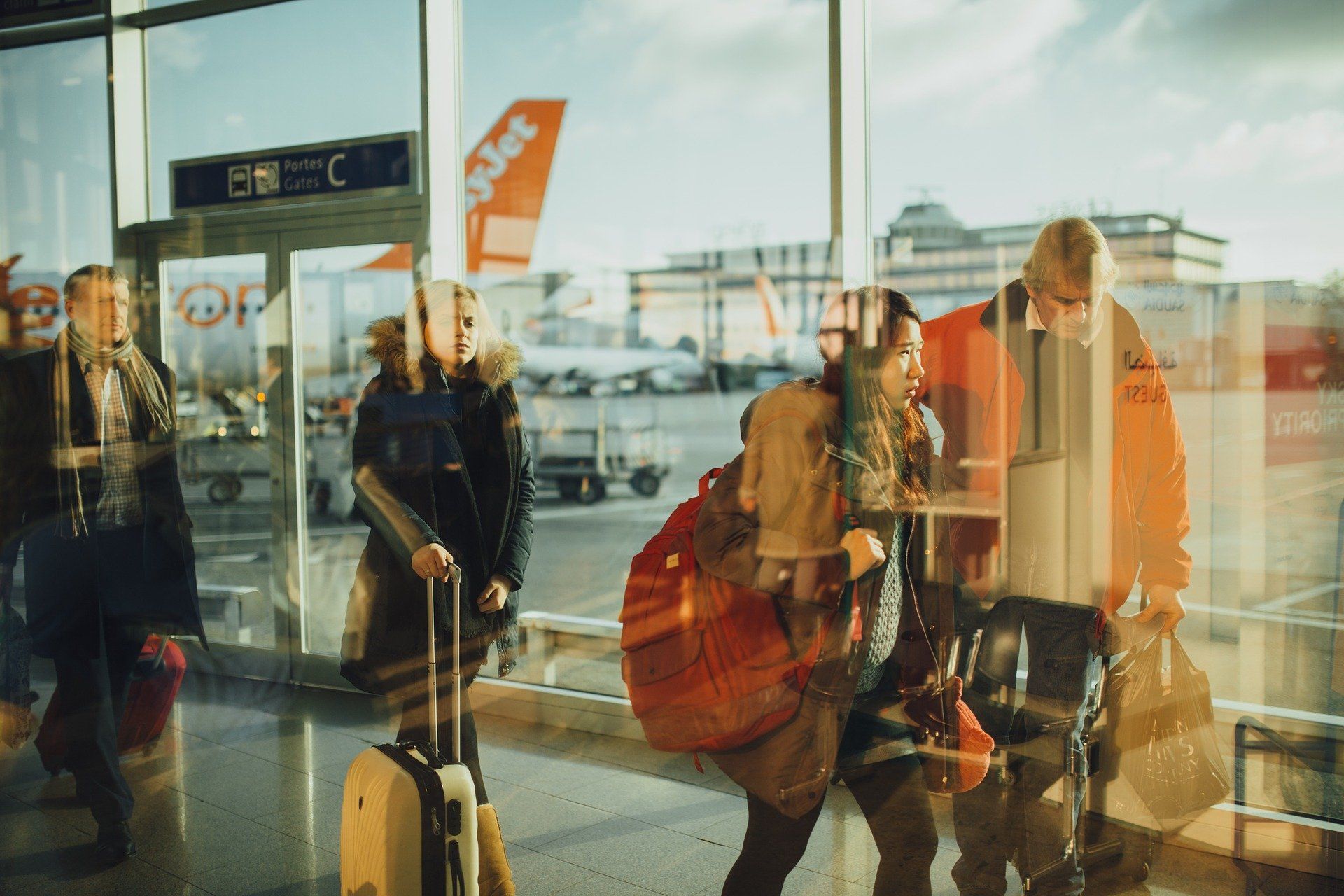Nearly 800 SAS daily flights have been cancelled during the Coronavirus Crisis. This means that airline customers are now entitled to billions in compensation.
According to EU rules, aviation companies have seven days to refund customers for cancelled flights. But having thousands of cancelled flights has made it difficult for the Nordic region’s largest airline to keep up with applications for a refund.
“For almost three months, we have cancelled almost 800 daily flights, and this has led to many customers applying for and being entitled to compensation. Unfortunately, it will take significantly longer than usual, and we naturally regret that,” said John Eckhoff, SAS head of media relations for Norway.
Request for patience
SAS has so far worked its way through the pile of refund requests for air travel in March, and around 700,000 customers have received money back. Of these, approximately 30 percent have chosen to receive a voucher for another SAS trip that can be used in the next 12 months.
But the caseload is still huge.
“I dare not come up with an estimate of when we are going to finish the pile. But we are working our way down and must make sure that everyone who is entitled to it gets their money back. But they must have patience,” said Eckhoff.
Norwegian airline, too
According to a Norwegian estimate, SAS’ possible reimbursements due to cancelled flights amount to five billion kroner. This exceeds Denmark’s total contribution of 4.3 billion kroner to the plan to save SAS from bankruptcy.
The Nordic region’s second largest airline, Norwegian, also had to cancel thousands of flights due to the corona pandemic. Its spokesman, Anders Fagernæs, said that the airline has so far reimbursed 3.2 billion kroner to its customers.
“We’ve had to cancel trips because of COVID-19. We understand that this creates frustration and questions, and we take care of our customers as well and as quickly as possible,” said Fagernæs.















